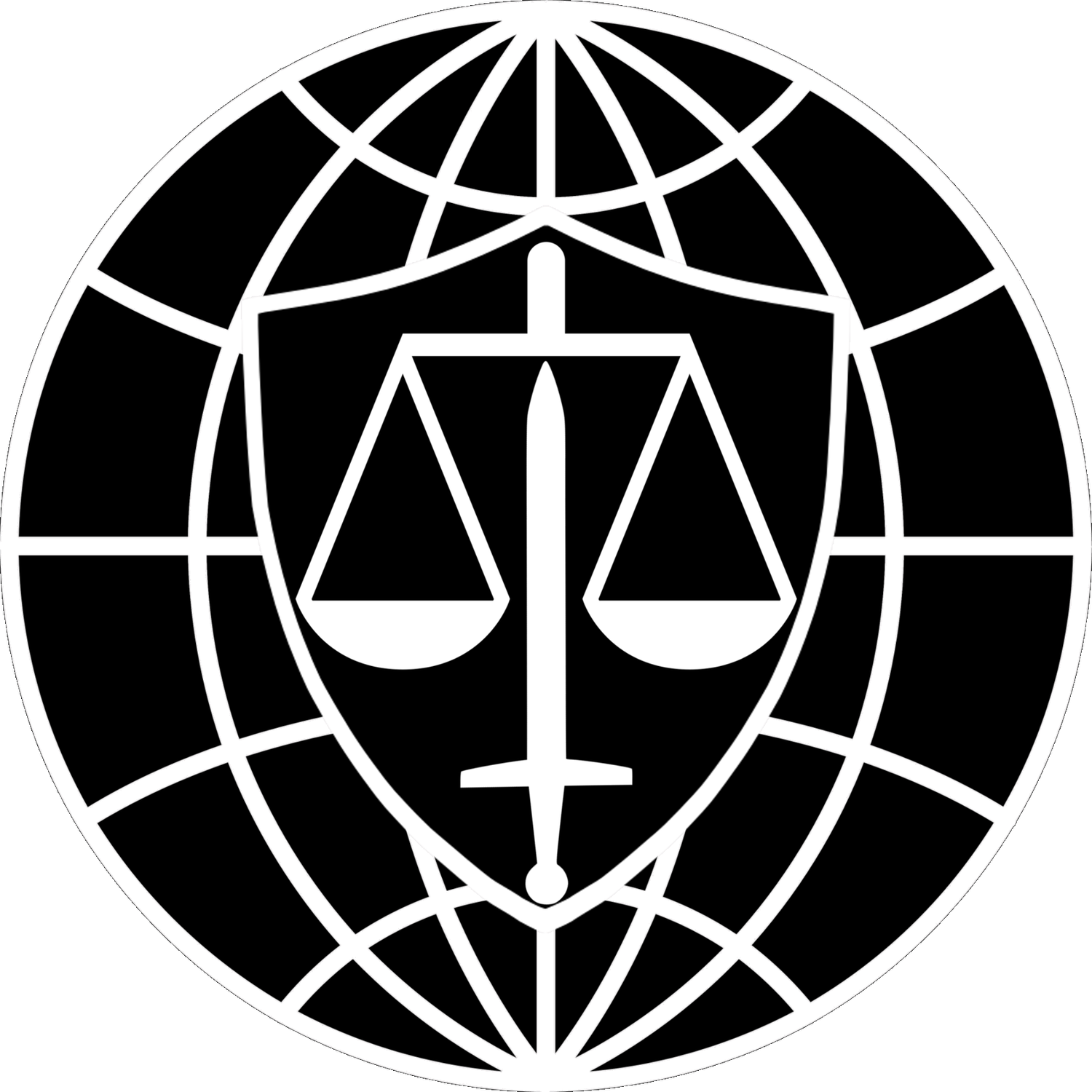International Sanctions within a Broader National Security Strategy
The purpose of this guide is to explain why countries, particularly the United States, imposes economic sanctions on adversarial nations, organizations, and individuals. It will also briefly delve into he history of economic sanctions as an instrument of national power for the United States.
Sanctions as an Instrument of National Power.
Countries use international sanctions against adversaries—nations, organizations, and individuals—because they are one of just a few instruments of national power that international law recognizes as a humane way of influencing the adversary’s behavior. The recognized instruments of national power are frequently referred to as “DIMEFIL”:
Diplomacy
Information
Military Force
Economic Influence
Financial Resources
Intelligence Activities
Law Enforcement
Unsurprisingly, the instruments of national power work best when they are integrated. Consequently, a decision for the United States to impose economic sanctions is almost always coordinated with the various members of the National Security Council.
DIMEFIL graphic from the Air University of the U.S. Air Force, available here.
Video from the U.S. Army War College on the instruments of national power. Please note that some national security strategists consider financial resources, intelligence activities, and law enforcement as subcategories of the other instruments of national power.
Why Economic Sanctions Work for the United States
Economic sanctions cut off the adversary from the sanctioning country’s markets—by making it illegal for any person or organization subject to the sanctioning country’s laws to do business or otherwise transact with the sanctioned entity. Consequently, economic sanctions are only as effective as the sanctioning country’s economy is strong. The United States has had the world’s strongest economy since approximately 1890. Consequently, economic sanctions have proven an especially potent instrument of national power during its recent history.
Another factor in the strength of economic sanctions as an instrument of U.S. power is the status of the U.S. Dollar as a reserve currency for many nations worldwide.
The U.S. Dollar's status as the world’s reserve currency also means that U.S. economic sanctions tend to isolate the sanctioned entity from non-U.S. markets that use the dollar as a means of exchange. The U.S. Department of Justice has even asserted jurisdiction over sanctions violations in cases where no U.S. person was a party to the transaction merely on the theory that the transaction caused U.S. Dollars to move through banks’ correspondent accounts in the United States. The upshot is that economic sanctions imposed by the United States are powerful in a way that has no parallel to similar mechanisms throughout history.
A Brief History of U.S. Economic Sanctions
The United States has used some form of economic sanctions since the earliest days of the Republic. As early as 1806, the U.S. Congress passed the Non-Importation Act, which outlawed the purchase of goods from the United Kingdom. The purpose of the 1806 Act was to pressure the United Kingdom to stop impressing U.S. Sailors into the service of the Royal Navy. The 1806 Act was bolstered a year later by the Embargo Act of 1807, which expanded the sanctions to include French interests. Unfortunately, those sanctions failed, weakened the already enemic economy of the United States at the time, and the impressment of U.S. sailors continued until it caused the outbreak of the War of 1812.
An early American political cartoon by Alexander Anderson criticizing the Embargo Act of 1807.
An 1808 cartoon depicting Thomas Jefferson defending the Embargo Act of 1807. Library of Congress, Washington, D.C. (image no. LC-USZC4-6235)
In more recent U.S. history, there have been moments where economic sanctions played an outsized role in its national security. People remember December 7, 1941, as “a day of infamy” when the Empire of Japan attacked the U.S. Navy at Pearl Harbor. What people frequently gloss over is that the attack was hastened by economic sanctions the United States imposed on Japan to deny it access to energy resources.
Of course, the sanctions programs that most living Americans remember are those on Cuba and Iran. The former was a response to the Communist coup in Havanna, which the Soviet Union backed. Economic sanctions were the only response the United States could execute without risking a suicidal nuclear war with the Soviets.
The latter were initially a response to the rise of Ayatollah Khomeini and the coup by which he replaced the U.S.-backed Shah, Mohammad Reza Pahlavi. However, the United States has subsequently strengthened those sanctions several times over Iran’s sponsorship of terrorism, its nuclear weapons programs, and other security issues.





